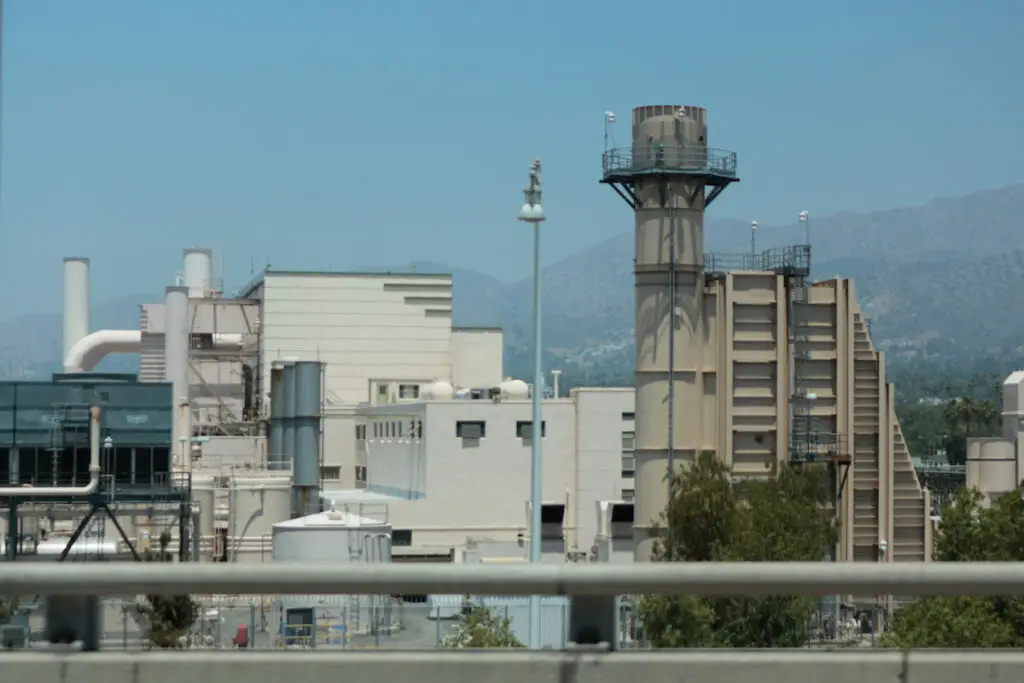On January 10th, the Southern California Public Power Authority (SCPPA) welcomed California Energy Commissioner (CEC) Vice Chair Gunda, SB 100 lead Dr. Liz Gill, and representatives from nine SCPPA members for a comprehensive exploration of energy-related topics. The day-long event included roundtable discussions and informative tours of the Magnolia Power Plant in Burbank and the Grayson site in Glendale.
Vice Chair Gunda actively participated in discussions that revolved around achieving the ambitious goal of 100% clean energy, addressing key issues such as transmission constraints, community engagement, and planning considerations. With a focus on grid reliability, Vice Chair Gunda, who leads the CEC’s efforts in this domain and the SB 100 report, underscored the critical importance of ensuring a seamless transition to clean energy without compromising grid stability.
The aftermath of California’s 2020 rolling blackouts, though brief, prompted significant political and public backlash. Vice Chair Gunda emphasized the potential setbacks that future blackouts could pose to the state’s clean energy initiatives. To mitigate this risk, California has recently made substantial investments, amounting to billions of dollars, to extend the life of Diablo Canyon, maintain natural gas once-through cooling units, and acquire additional fossil generating resources. These measures serve as a backup as the state integrates more renewable resources into its energy mix. Simultaneously, aggressive actions are being taken to expand demand response and incentivize clean energy resources with reliability benefits.
Acknowledging the transitional phase towards achieving the state’s 100% clean energy goal by 2045, there is a consensus that fossil fuel backup will be necessary until its necessity diminishes to prevent potential blackouts. The SB 100 report outlines this strategy, indicating that much of the existing natural gas capacity in the state will be retained through 2024.
Vice Chair Gunda expressed a keen interest in collaborating with Publicly Owned Utilities (POU) to identify ways of providing planning support, exploring policy solutions, and incorporating POU input into state actions, including initiatives like the SB 100 report. As a next step, Vice Chair Gunda urged SCPPA to organize joint POU monthly meetings, with quarterly in-person gatherings, to sustain and advance these crucial discussions.






